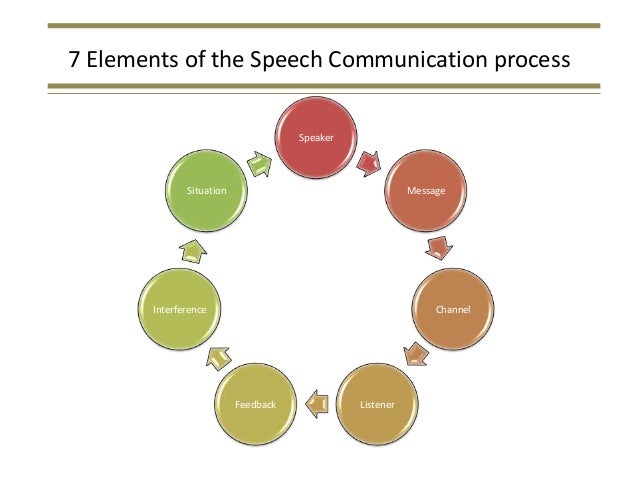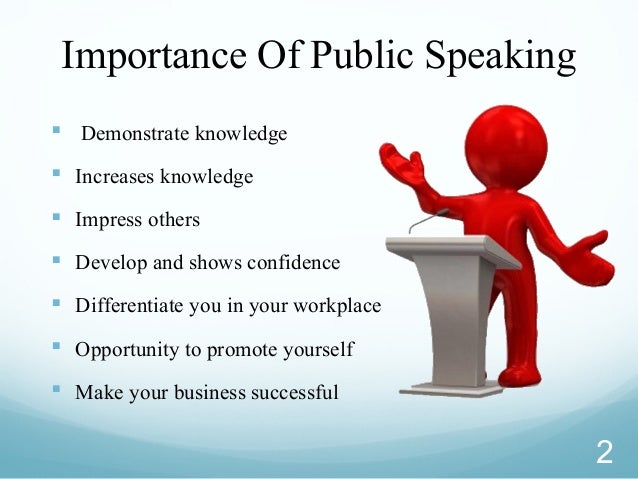GLOSSOPHOBIA
HELLO AND WELCOME BACK TO MY ANOTHER BLOG,TODAY I AM GOING TO BE TALKING ABOUT FEAR OF SPEAKING IN PUBLIC. IF YOU ALSO FEAR FROM SPEAKING IN PUBLIC THEN DON'T WORRY,,HERE IS THE SOLUTION!!
PUBLIC SPEAKING
Public speaking is the process or act of performing a speech to a live audience. Public speaking is commonly understood as formal, face-to-face speaking of a single person to a group of listeners. Traditionally, public speaking was considered to be a part of the art of persuasion. Public speaking has always been a part of many field that is mainly about mass interaction. There are many important factors that are necessary for excellence in public speaking. I have tried to cover all the topics that are essential for public speaking.
- Spokesperson.
- Professor.
- Speech Writer.
- News Anchor.
- Politician.
- Religious Leader.
- Motivational Speaker.
7 elements of 'Public speaking':
1) Speaker
Any speaking session must have a speaker to connect to the audience and also to complete the cycle of communication. the cycle of communication requires a messenger, receiver, medium and feedback.
2)message
Mass communication requires message and a motive to talk about. The topic can be anything with respect to the place, people and situation but there should be a message in what you speak. For example- on 5th June (environment day) a chosen public speaker should give the speech about environment and not some other issues.
3) channel
There should always be a channel which acts as a mediator between the 'sender' and the 'receiver'. The channel can be speaker, satellite, voice and many more.
4) listener
The requirement of listener is extremely important in public speaking. For mass interactions there should be a listener. An ethical listener is one who actively interprets shared material and analyzes the content and speaker's effectiveness. Good listeners try to display respect for the speaker. Communicating respect for the speaker occurs when the listener prepares to listen.
5) feedback
Feedback is the response from the listeners. Feedback is a cue to the speaker to modify or regulate what is being said. Feedback can take the form of verbal or non-verbal responses to an in-person speech, or verbal responses which are electronically captured for large or remote audiences.
6) interference
When it comes to public speaking, noise and interference can be a major issue for both you as message sending and for your audience as your message receivers. Quite simply, noise jams the signal you're trying to send as you speak. ... Often, internal noise and interference are the result of anxiety, nervousness, or stress.
7) situation
A speaker will always have to respect and understand the depth of the situation. Unlike much written communication, a public speaking situation occurs at a specific time and place. ... There is also a reason that the speech is happening, the occasion for which the audience has gathered.
Why is public speaking important?
- Stand up and move around.
- Speak out loud
- Practice without the text
- Practice in the actual setting
- Record yourself on video
- Listen to an audio recording.
- Grab a test audience.
- Work with a coach.
THE KEY ELEMENT- CONFIDENCE!
- Prepare
- Practice
- Breathe
- Rehearse
- Focus on your audience
- Simplify
- Visualize success
- Connect with your audience
- Act confident
- Expect to be nervous.
Confident!



Comments
Post a Comment